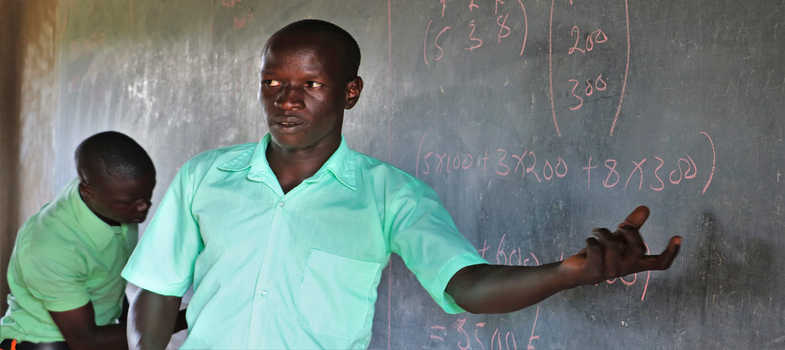Social-constructivism
The
social-constructivist learning theory claims that learning is dependent on
socio-cultural influences. Therefore, it is through interaction and exercise of
communication that people learn. It is the teacher’s/trainer's role to create a situation
where the learner can compile their own interpretations by using
interpretations of others around them. Teachers/Trainers would do this through the
creation of scaffolds. This is where the teacher/trainer provides a means for learners
to apply already existing skills to acquire new knowledge. In this view, the social-constructivist
learning theory is a supporter of Piaget’s work (Constructivism), but they
disagree on one key point: Social-constructivism criticizes Constructivism for focusing
on the individual learner rather than on the social context in which learning
takes place and advocate that interaction between learners, through language,
influences the level of conceptual understanding.
History
The development of Social-Constructivism roots in the work of Russian Psychologist Lev Vygotsky. Vygotsky’s view was that learners learn optimally from interaction with their peers, whether their peers are of the same age or of a higher age and whether they had the same development stage or not.
Vygotsky made reference to the Zone of Proximal Development
(ZPD) and suggested that there is a difference between what a person is able to
do on his own and what they can achieve with the help of somebody who
has greater knowledge than them. Vygotsky claimed that if a teacher/trainer can provide
scaffolds with a focus on interaction during this time then the child’s
knowledge could be brought to a higher level as they learn from each other. The zone of proximal development is best understood as the difference between what a
learner can do without help and what he or she can do with help. Vygotsky
stated that a child follows an adult's or peers’ example and gradually develops
the ability to do certain tasks without help or assistance. It is the distance
between the actual developmental level as determined by independent problem
solving and the level of potential development as determined through problem
solving under adult guidance, or in collaboration with more capable peers. In
this view, the best type of learning takes place when the learners are expected
to develop skills that are slightly beyond their grasp, but they can develop
with the help from peers.
Key principles and classroom implications
The main principles underpinning the social-constructivist learning theory are:
- Learning is collaborative in nature and the social context is a major factor.
- All cognitive functions originate as products of social interactions.
- Learners can transmit knowledge to each other through language, as they are received by other learners, knowledge is co-constructed.
- It is the teacher’s/trainer's task to encourage team work and collaboration, organize discussions and debates, provide opportunities for group work and group study.
- Learning environments need to be places where teachers/trainers encourage learners and make them feel secured enough to be able to express and explore their thoughts, feelings and emotions.
Constructivism Cognitivism
